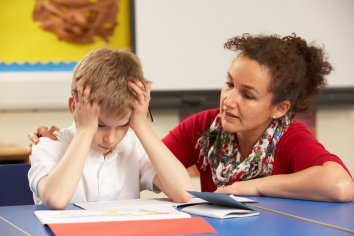- Use the narrative of a child/ parent/ colleagues to build a ‘real picture’ by
linking together their ACE score and the available ‘Protective Factors’ (Resilience & Emotionally Available Adults).
- Explore ‘Motional.’ As Motional ambassadors, we will provide trial access to
this online tool for assessing, improving and measuring change in emotional health and wellbeing.
- Learn about the importance of ‘Panksepp’s Emotions;’ the genetically ingrained
pro-social and alarm systems, and their relevance for child mental health and child mental ill-health.
- Develop their understanding of Dr Stephen
Porges’ ‘Polyvagal Theory’ and Neuroception and how to keep children feeling psychologically and physiologically safe. Staff will explore how children become ‘socially engaged’ or ‘socially
defensive’ and the implications for the whole school environment.
- Understand the brain’s CARE system (Attachment),
and the importance for schools to address children’s unmet attachment needs. (Ambivalent Attached, Avoidant Attached, Disorganised Attached)
- Gain practical skills for effective evidence-based interventions for
traumatised and troubled children.
- Have an understanding of the ethical considerations in working with
traumatised and troubled children in a school setting, limits of competence and knowing when and how to refer on.
The course is
informed from cutting edge research from Professor Jaak Panskepp, Dr Margot Sunderland, Dr Stephen Porges, Dr Dan Siegel and Dr Dan Hughes.
Contact us today,
with no obligation, to discuss your training needs.
Telephone: 01924
891080 or 07581562669
Email:
reactuktraining@gmail.com


